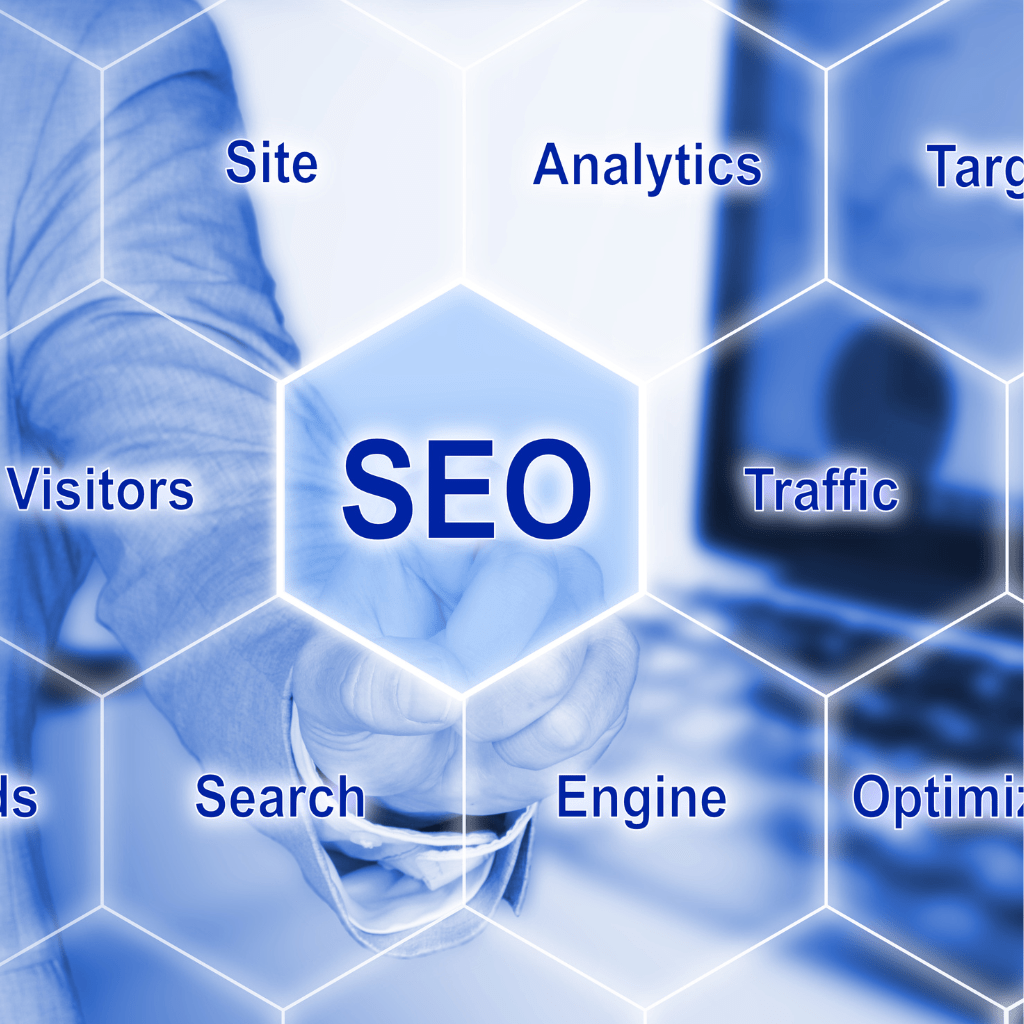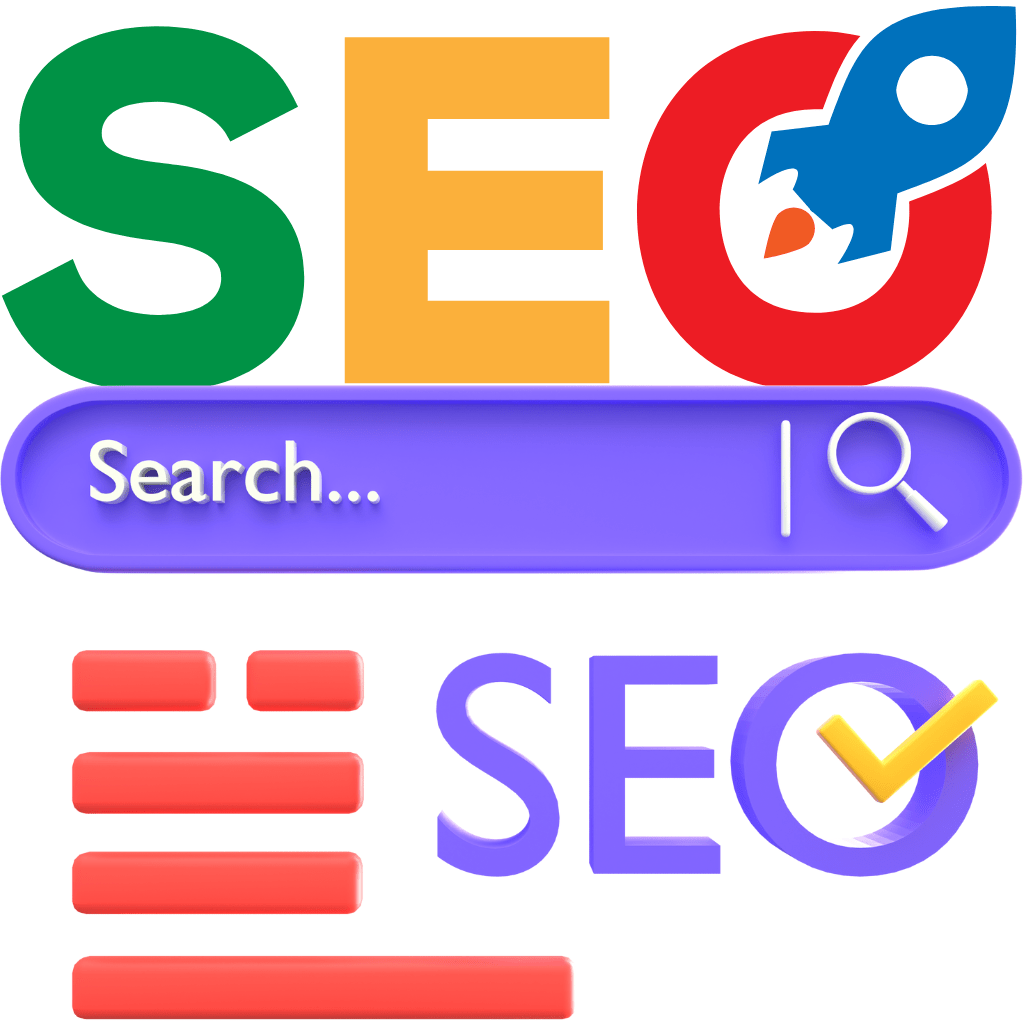
Table of Contents
Toggle5 elite business scaling strategies.
In the fast-paced digital world, having a website isn’t enough for business scaling. You need scaling strategies to help potential customers find your business online. That’s where SEO, or Search Engine Optimization, comes into play. It’s more than just keywords and rankings; it’s a powerful tool to help scale a business in competitive markets. But how does SEO contribute to business scaling? Let’s dive into 5 elite business scaling strategies.
5 elite business scaling strategies. Understand how they work?
SEO is incredibly valuable for scaling a business. Learn how SEO supports business growth and how 5 elite scaling strategies work. SEO is a set of practices designed to improve a website’s visibility on search engines like Google. It involves optimizing your website so that it appears in search results when people search for keywords related to your business. From local businesses to e-commerce sites, SEO is a pivotal part of digital success.
SEO is essential because it attracts organic traffic, which is cost-effective and highly targeted. Unlike paid ads that may lose traction once the budget runs out, SEO can keep bringing visitors to your site for months or even years with proper upkeep. Let’s discuss 5 elite business scaling strategies.

How SEO increases brand visibility.
SEO increases brand visibility by ranking your business on search engine result pages (SERP). This elite strategy aims to get your business on the first page of search engine results, ideally within the top three. The higher your ranking, the more visible your brand becomes, putting you in front of a broader audience.
SEO plays major role in gaining organic traffic. Organic traffic refers to visitors who find your site through unpaid search results. SEO brings in organic traffic, which means a consistent flow of potential customers who are already interested in your services or products.
For local businesses, optimizing Google My Business listings increases visibility in local search results and maps, helping attract nearby customers.
Targeting local keywords helps businesses appear in searches by users looking for services in specific geographic areas, boosting local visibility.
SEO as a Cost-Effective Marketing Strategy
SEO is considered a cost-effective marketing strategy for several reasons. If you compare SEO with paid advertising, SEO is often cheaper than paid advertising. While ads stop once the budget is exhausted, a well-executed SEO strategy continues to bring in traffic without the recurring costs of ads.
SEO’s effects are long-lasting for business growth. Once your site ranks well, you can enjoy consistent traffic, making SEO a wise investment for long-term business growth.
How SEO Builds Credibility and Trust to scale the business.
SEO targets users actively searching for specific products or services, leading to higher conversion rates. This means you’re spending less on attracting visitors who are likely to convert compared to broader marketing efforts.
SEO encourages creating high-quality and informative content that educates or informs your audience and establishes your brand as an industry expert. Quality content is key to building trust with users and is highly valued by search engines.
SEO involves optimizing website speed, mobile-friendliness, and easy navigation, creating a smooth experience. Good UX keeps users engaged, making the site feel reliable and enjoyable, which contributes to trust

Targeting the Right Audience with SEO
Keywords are the foundation of SEO, helping businesses understand what users are searching for including their challenges, questions, and specific needs. Professional tools like Google Keyword Planner and semrush play critical roles here. With the right keywords, you can target people who are ready to convert.
Producing content that answers users’ questions or solves their problems ensures you’re attracting the right audience, boosting engagement and conversions.
Analyzing and Improving SEO Strategies
Google Analytics tracks the number of visitors coming from organic search to see how well your SEO efforts drive traffic. SEO analytics tools like Ahrefs and Semrush can help you track metrics such as keyword rankings, traffic, and user behaviour.
Regularly analyzing data lets you see what’s working and where you can improve. SEO is an ongoing process. Adapting your strategy based on analytics ensures that you stay competitive and continue to see positive results.
Conclusion
SEO is a powerful tool for scaling a business. By focusing on visibility, trust, cost-effectiveness, and data-driven strategies, SEO can bring a steady flow of potential customers to your site, helping you achieve sustained growth.